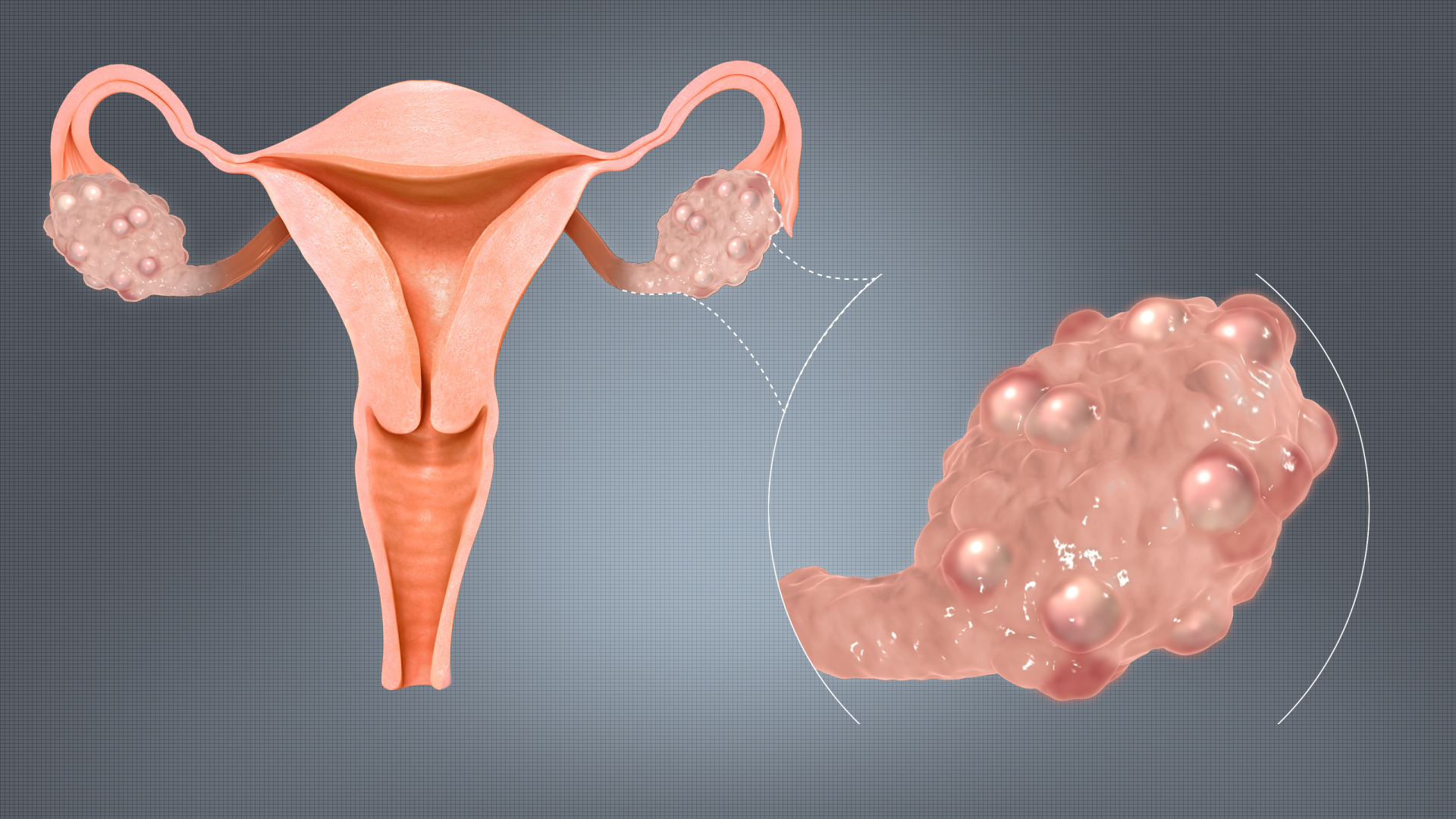





No lab centers are available in this city

Max Lab
Aug 06, 2022
Oestrogen and progesterone are hormones present in the female body for the purpose of reproduction. Without the optimum level of these hormones, the chances of conceiving can be very low. There are several conditions that can cause hormonal imbalance in a woman’s reproductive system. Polycystic ovary syndrome or PCOS is one of the most common conditions that women of reproductive age have across the world. Since this medical condition can be a hindrance to conception, it is important to monitor the symptoms. PCOS can be managed with the help of a healthy lifestyle and certain medications. Read on to know more about PCOS, a disease that affects women in the age group of 15 to 45 years.
PCOS can be a problem for women who do not get the right treatment plan to manage hormonal imbalance on time. Here are 4 common types of PCOS observed in women:
This type of PCOS is found in the maximum number of cases. Caused by hyperinsulinemia, a condition in which insulin levels present in the body are higher than normal, insulin-resistant PCOS can cause a lot of weight gain. It is recommended to monitor glucose and insulin levels by getting regular blood tests done in a PCOD panel test from a reputed pathology lab.
Women who consume contraceptive pills, with or without progesterone, have the risk of getting PCOS. This happens only when they stop taking contraceptive pills abruptly. Post-pill PCOS occurs because of the surge in androgens in a female’s body. The treatment for this type of PCOS should be prescribed by an experienced doctor as it involves certain hormones given in the form of oral medications.
Among the lesser known causes of PCOS is stress. Personal issues, pressure at the workplace or any other external factor can be behind this problem. The solution for this type of PCOS involves stress management, better sleep, health supplements, and psychological therapy. It can be difficult to diagnose adrenal-PCOS easily so it is best to get regular blood tests done.
Inflammatory PCOS is a result of chronic swelling in the ovaries that often leads to elevated levels of testosterone in the body. This type of PCOS can delay pregnancy in women as it affects their ovulation severely. Reasonably-priced inflammatory marker tests can help detect PCOS in women.
Among the most commonly observed symptoms of PCOS, also known as PCOD, is heavy facial hair growth, specifically on the chin and upper lip areas. This occurs due to the abnormal levels of male hormones such as testosterone in the body. Another common sign of polycystic ovary syndrome is irregular menstruation. In some cases, patients might also experience heavy bleeding during their periods. Weight gain, presence of acne on the face and chest area, thinning of hair, and headaches are other signs of PCOS. Skin darkening under the breasts, neck, groin and other body parts might also take place because of higher levels of insulin in the bloodstream.
For proper diagnosis of PCOS, a pelvic exam and an ultrasound of the lower abdomen are essential. There is no PCOD test till now so, blood tests for checking hormones, insulin, and triglyceride levels are recommended by gynaecologists. Medications for treating PCOS include birth control pills, hair removal medicines, and the like are provided by the medical practitioner.
Eating a healthy diet is an effective way to manage PCOS. Women who have this medical problem can find the right solution in their eating habits. It is suggested to balance the intake of carbohydrates and protein in every meal. Along with this, daily consumption of probiotics can further help in treating PCOS naturally.
There are a lot of women with PCOS who struggle to lose weight. One of the best ways to reduce the symptoms of PCOS is to exercise daily. This disease can increase insulin levels with a risk of type 2 diabetes in the long run. Hence, it is important to focus on the weight with the help of walking, jogging, swimming or working out in the gym.
Sleep can be affected by this medical condition to a great extent which, in turn, may result in increased stress levels. To break this vicious cycle, sleep hygiene should be maintained with the help of meditation and setting a proper sleep routine. If one is unsure of their sleeping patterns, then a sleep test can further help in managing PCOS.
PCOS can be easily treated with the help of an experienced gynaecologist. Eating a nutritious diet and exercising daily can be very beneficial as well.












Sign up takes less than 60 secs and gives you access to your offers, orders and lab tests.
Looks like you are not registered with us. Please Sign up to proceed
OTP will be sent to this number by SMS
We have successfully received your details. One of the agents will call you back soon.
 To reach our help desk call 9213188888
To reach our help desk call 9213188888
No Lab Centers are available in this city
Looks like you are not registered with us. Please Sign up to proceed
OTP will be sent to this number by SMS
Not Registered Yet? Signup now.Looks like you are not registered with us. Please Sign up to proceed





 7982100200
7982100200.png)
Comments